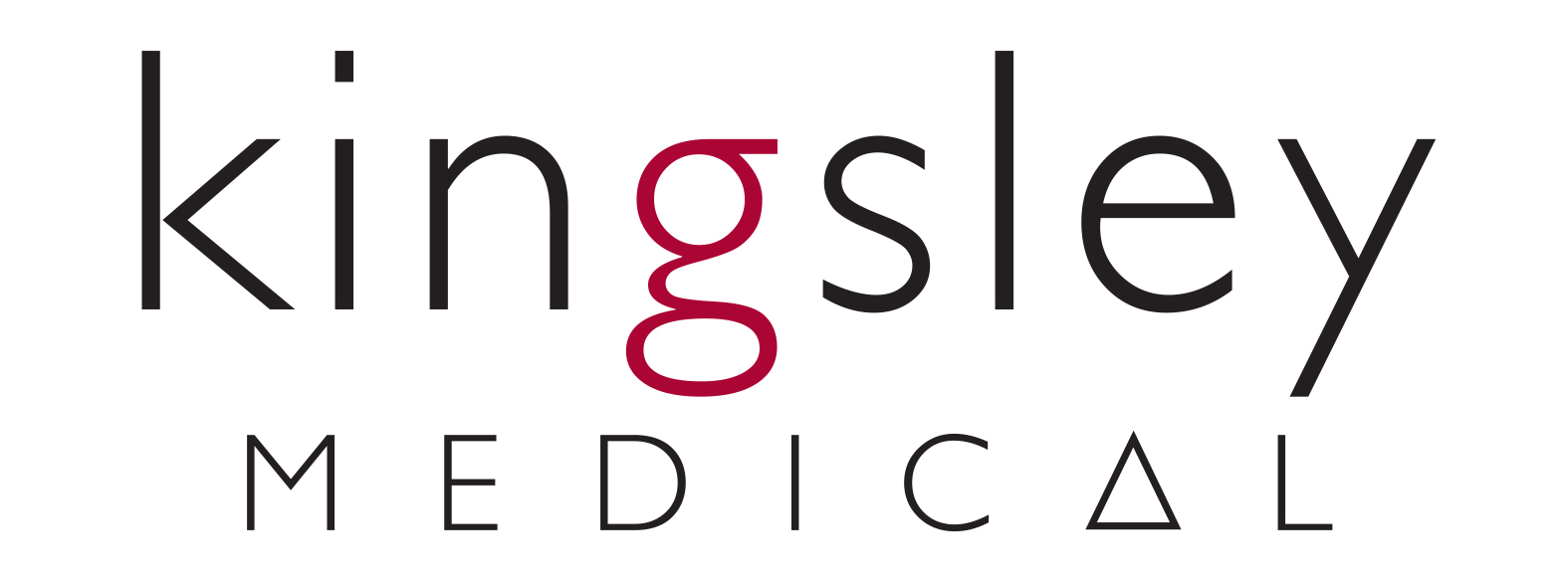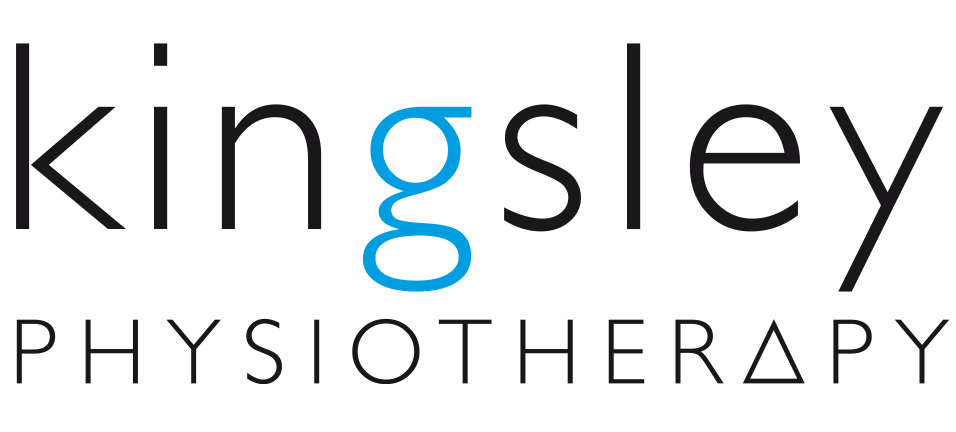Platelet Rich Plasma (PRP)
Conditions that may be suitable to treat with PRP:
- Osteoarthritis (ankles, knees and hips)
- Trochanteric bursitis
- Subacromial bursitis
- Patella bursitis
- Achilles tendonitis
- Patella tendonitis
- Golfers elbow
- Tennis elbow
- Enthesitis
- Plantar fasciitis
- Migraines/headaches
PRP is a form of prolotherapy (‘proliferation therapy’). It has been used in the cosmetics industry for many years to help reduce fine lines and wrinkles on the face, neck and back of the hands. (For more information on the use of PRP in cosmetic medicine click here and look through our Services page.)
Aside from its cosmetic benefits, PRP is used in sports medicine, musculoskeletal medicine and spinal medicine for the treatment of chronic (long standing) inflammatory conditions – early stage osteoarthritis, bursitis, chronic tendonitis, synovitis and enthesitis.
What it involves
PRP therapy involves centrifuging a vial of the patient’s own blood in order to separate its cellular (red blood cells and white blood cells) from its non-cellular (plasma) components. The plasma component contains platelets which assist in the formation of clots (fibrin). Platelets (more specifically alpha-granules within the platelets) also release a variety of tissue growth factors, proteins and ligands that act to stimulate new cell growth and ‘reignite’ tissue healing.
Once centrifuging is complete, the plasma and platelets are separated from the red blood cells and a small amount of the surface plasma is removed, leaving plasma that is relatively concentrated (rich) in platelets.
This platelet-rich-plasma is then ‘activated’ with a calcium solution before being injected into a joint, tendon or bursa.
In most cases, patients receive two or three injections each spaced 2-3 weeks apart. The result of PRP injections is not immediate. The cellular response takes between 8-12 weeks and will tend to have maximal effect 3-4 months after the second or third injection.
PRP is used most commonly when other treatments such as cortisone injections, physiotherapy or medication have failed.
PRP costs $120 per treatment (in addition to your consultation fee). This fee is not rebated by Medicare. Although Kingsley Medical offers the most affordable PRP services in Western Australia, you may wish to discuss other options, such as ABI, with your doctor.





